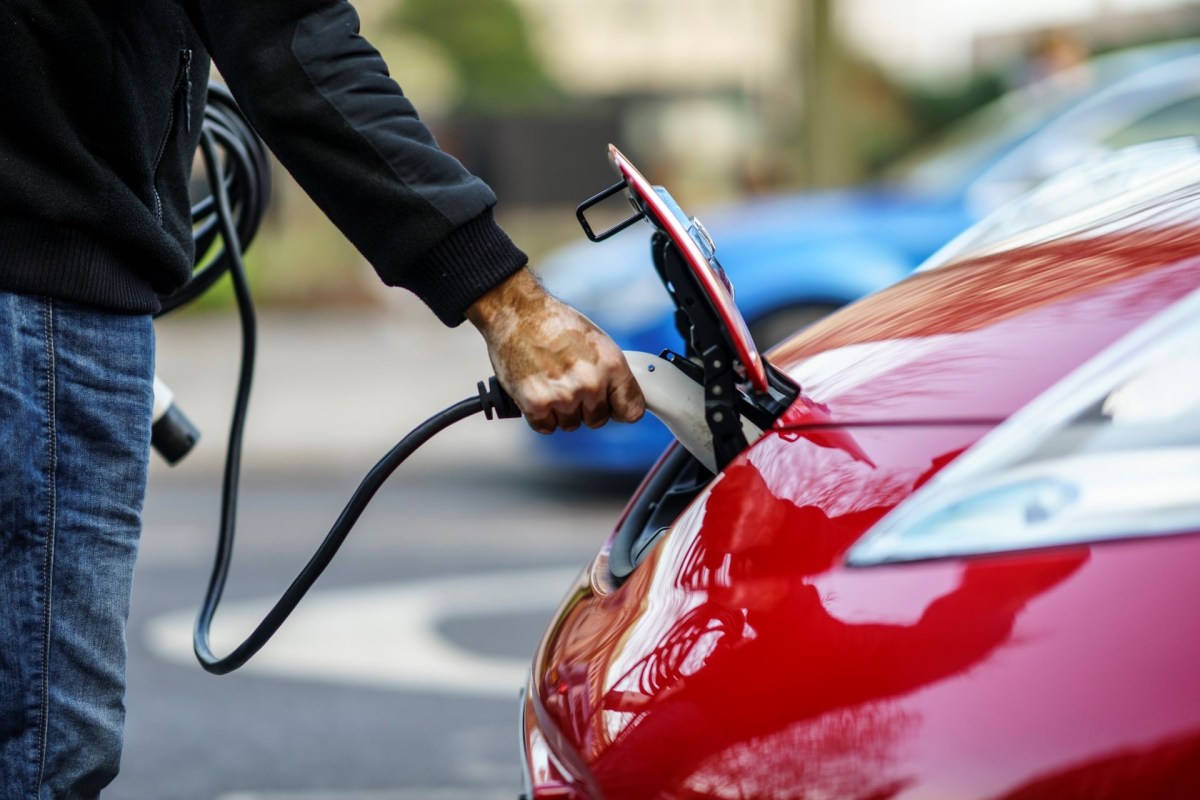Researchers at the Illinois Institute of Technology and the Argonne National Laboratory have developed a so-called "lithium-air battery" that can store almost four times as much energy as a lithium-ion battery of the same size, Innovation News Network (INN) reports.
Electric vehicles (EVs) can only travel as far as their batteries will take them — the more efficient the battery, the longer the car's range. Currently, most electric cars rely on lithium-ion batteries.
According to Drive Electric, an average electric car today has a range of 150-300 miles — plenty enough for a typical commute but not enough for long road trips, which is a major reason why potential buyers sometimes avoid EVs.
However, if the lithium-air battery works as projected, it could quadruple the energy storage of an EV without an increase in weight, dramatically increasing a car's range.
The difference is due to the chemical reaction taking place inside the battery.
As INN explains, lithium-ion batteries contain tanks of oxygen and a liquid electrolyte. The electrolyte allows the lithium and oxygen to bind together, releasing energy. When the battery charges, the lithium and oxygen break apart, storing energy.
Lithium-air batteries also bond lithium and oxygen together to release energy, but they don't need the liquid electrolyte or oxygen stored in a tank. Instead, they simply use oxygen from the air, making the battery much more efficient — even down to a molecular level.
"The chemical reaction for [lithium-ion batteries] only involves one or two electrons stored per oxygen molecule, whereas that for [lithium-air batteries] involves four electrons," Rachid Amine, one of the researchers on the project, told INN.
The development has been a long time coming.
"For over a decade, scientists at Argonne and elsewhere have been working overtime to develop a lithium battery that makes use of the oxygen in the air," Larry Curtiss of the Argonne National Laboratory told INN.
TCD Picks » Upway Spotlight
💡Upway makes it easy to find discounts of up to 60% on premium e-bike brands
The lithium-air battery is the first of its kind to operate at room temperature, making it usable in EVs. Not only can it power cars, but INN's reporting suggests that it's efficient enough to power long-haul trucks and even some airplanes.
As EV batteries improve, electric vehicles will get more affordable, more convenient, and cheaper to drive, saving owners time and money. These improvements have already led to an increase in EV sales, as the International Energy Agency reports. Now, with this new technology, electric vehicles could become even more appealing.
"The lithium-air battery has the highest projected energy density of any battery technology being considered for the next generation of batteries beyond lithium-ion," Curtiss told INN.
Join our free newsletter for weekly updates on the coolest innovations improving our lives and saving our planet.














